How AI is impacting Africa’s connectivity landscape
By Lily Bennett|24 February, 2025
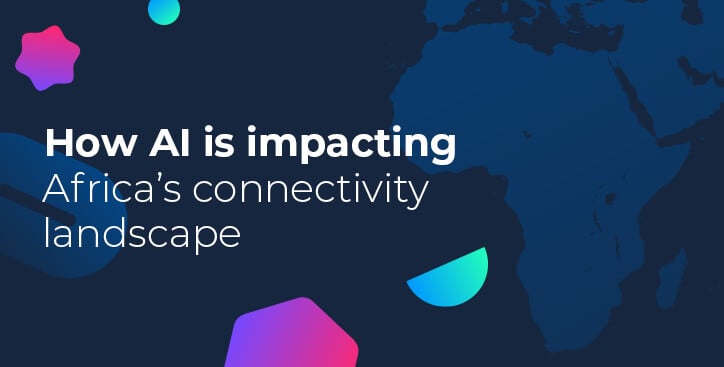
Artificial Intelligence (AI) is reshaping industries worldwide, and Sub-Saharan Africa is no exception. Across the region, governments, businesses, and start-ups are recognising the potential of AI to drive economic growth, improve efficiencies, and enhance decision-making. Yet, as AI adoption accelerates, so does the demand for robust digital infrastructure, including high-performance computing, data centres, and connectivity.
In the latest Africa Interconnection Report, analyst firm Balancing Act shares insights on how Africa’s cloud and data centre ecosystem is evolving. Unsurprisingly, AI is a major factor shaping these trends. Delve into the latest updates below.
AI adoption in Africa: More than just policy
Governments in Africa are actively shaping the AI landscape through policies and strategic frameworks. In 2024, South Africa launched its National Artificial Intelligence Framework, and the African Union adopted an AI strategy to guide member nations. However, while policy discussions highlight AI’s importance, real-world implementation is still in its early stages.
The private sector is playing a crucial role in driving AI innovation. Programmes like Google’s Start-Up Accelerator and Afrilabs’ impact hackathons, supported by Meta and the Bill & Melinda Gates Foundation, are fostering AI-driven entrepreneurship. According to Startuplist.africa, nearly 100 AI start-ups have raised over $262 million to develop AI applications in fields such as healthcare, agriculture, and finance. Notable start-ups include Data Prophet (data science), RxAll (drug authentication), and Aerobotics (image recognition and data analysis).
AI’s growing footprint in Africa also extends to high-performance computing (HPC). Nigeria’s Flapmax is collaborating with HPC centres to enhance scientific computing capabilities. Similarly, South Africa’s Centre for High-Performance Computing (CHPC) has been expanding its compute resources to support projects like the Square Kilometre Array radio telescope, further integrating AI into Africa’s research and development ecosystem.
The infrastructure challenge: Data centres and power demands
AI’s success in Africa will rely on the availability of robust data centres and scalable cloud infrastructure. Data centres must meet AI’s high compute demands, requiring more power, cooling, and interconnectivity solutions than traditional IT workloads.
The demand for AI workloads is expected to increase rack power density tenfold, from 4KW to 40KW. Recognising this, Teraco has partnered with Nvidia to develop AI-ready data centres catering to financial services and gaming sectors.
However, power supply remains a significant challenge. While Africa’s total electricity generation capacity increased by 4% to 246 gigawatts in 2023, only 58% of that capacity is in Sub-Saharan Africa, with a majority still reliant on gas and coal.
Despite this, renewable energy is gaining traction. A tripling of investment in small-scale solar projects drove Africa’s renewables investment to a record $15 billion in 2023. Examples include Namibia Power Corporation’s 100MW solar plant and South Africa’s liberalisation of power supply, enabling companies like AWS, Teraco, and Africa Data Centres to develop solar-powered data centres.
AI and network transformation: The need for improved connectivity
As AI applications become more data-intensive, Africa’s network infrastructure must evolve to support greater bandwidth, lower latency, and seamless connectivity. AI-powered workloads require real-time processing and massive data transfers, placing new demands on network providers and Internet Exchange Points (IXPs).
One emerging trend is “capacity substitution,” where European data centre operators, facing energy constraints, encourage African businesses to keep their workloads within Africa rather than relying on European cloud regions. This shift could accelerate investment in Africa’s digital infrastructure, driving local cloud adoption and reducing data sovereignty concerns.
Additionally, financial institutions are at the forefront of AI-driven network transformations. South African banks are leveraging AI for fraud detection, customer validation, and automated advisory services. Standard Bank, for instance, uses Amazon SageMaker for AI-driven customer interactions. However, successful AI adoption requires structured data strategies and skilled personnel—two areas that African businesses will need to tackle.
The future of AI and connectivity in Africa
The rise of generative AI (gen AI) and the migration of critical workloads to the cloud are transforming Africa’s digital landscape. As enterprises rely more on AI for mission-critical operations, they must reassess their network strategies to ensure resilience, scalability, and security.
For Africa to fully capitalise on AI’s potential, it must continue expanding data centre capacity, investing in renewable energy, and enhancing network connectivity. This will require a concerted effort from policymakers, private enterprises, and international partners to build a sustainable AI-ready ecosystem.
From now, African businesses should begin assessing their network model to ensure they can support both current and future AI demands. The ability to seamlessly and securely move data across networks will be a key driver for future growth.
Discover how Console Connect optimises cloud access, enhances security, and increases agility for AI workloads with a private network infrastructure. Gain real-time control, dedicated connections, and secure routing - all from one on-demand platform, and an automated network.

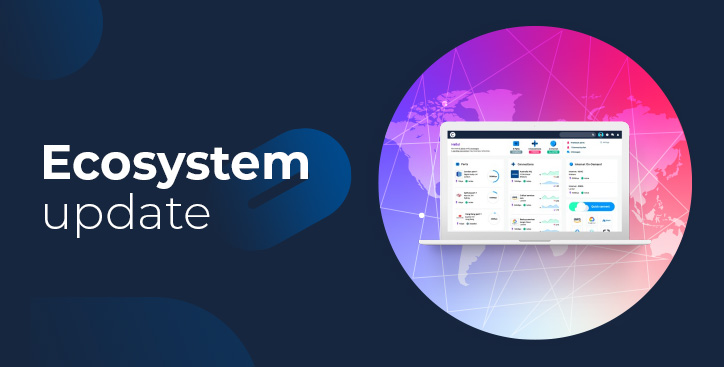
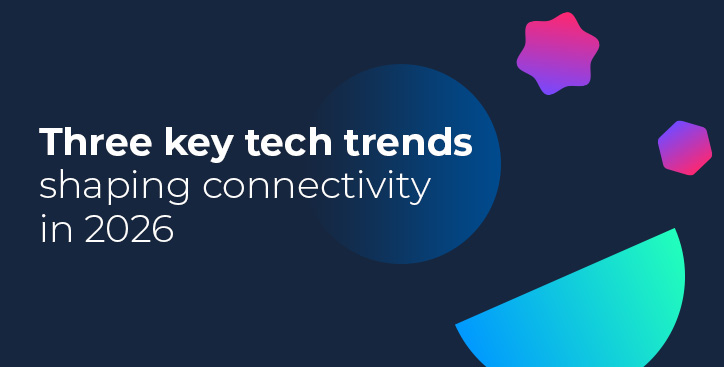
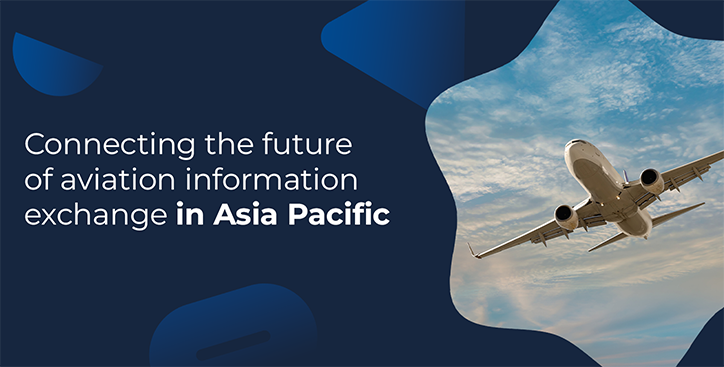
.jpg)
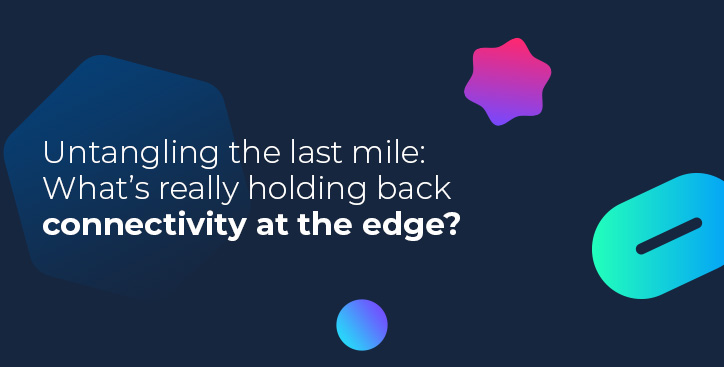
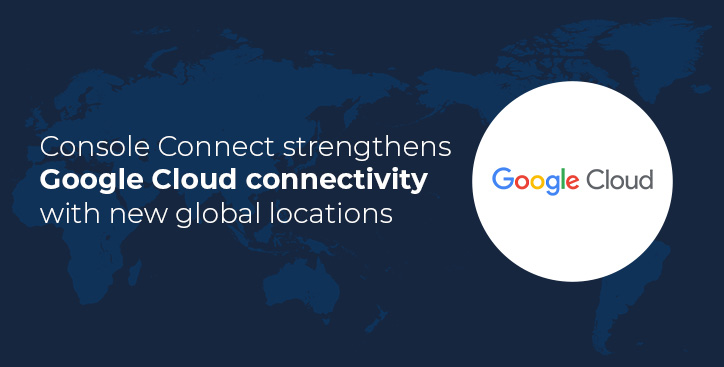
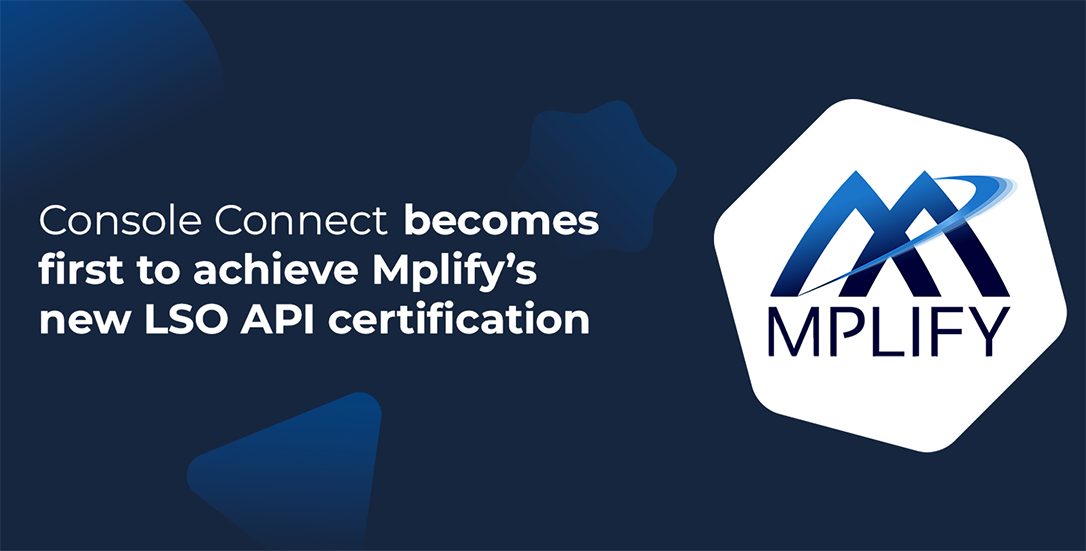
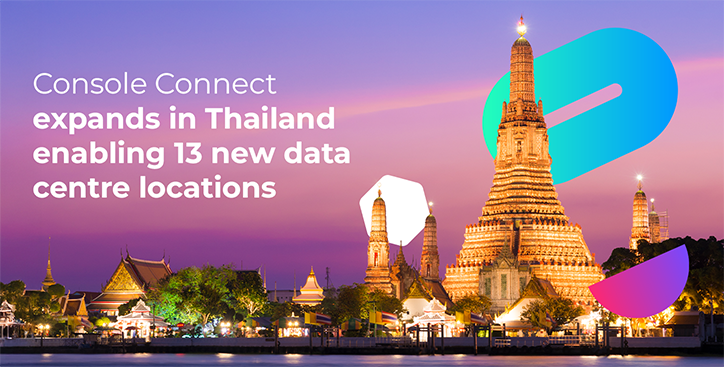
.jpg)